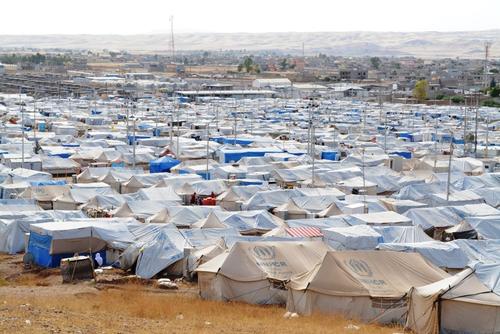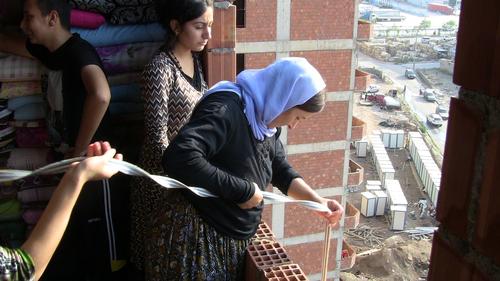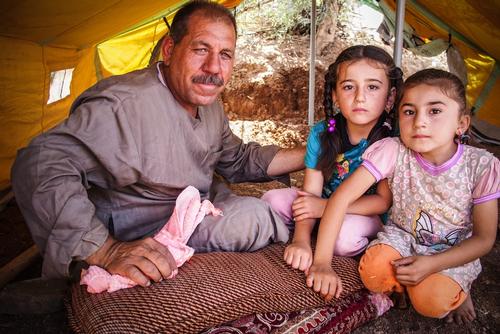Despite the complexity of the overall situation in Iraq, and particularly in Anbar province, MSF continues to offer reconstructive surgical care to victims of violence in Anbar and from all over Iraq. But the security situation is posing huge challenges.
Conflict in Iraq has a profound impact on the Iraqis' lives
The ongoing conflict in Iraq since 2003 has had a profound impact on the lives of many Iraqis across the country. Victims of violence from all over Iraq have been supported by MSF’s Reconstructive Surgery Project in Amman, the capital of Jordan, since the project was set up in 2006. The project offers a comprehensive package, including surgical procedures within three specialisms – orthopedic, maxillofacial and plastic surgery, often highly complex cases. Physiotherapy and psychosocial support are also provided as necessary, as well as accommodation during the patient’s stay.
A network of Iraqi doctors refer cases to the Amman project
A network of Iraqi doctors inside Iraq refer cases to the Amman project. They identify patients according to the surgical criteria, prepare and send the patient files to Amman, arrange travel for the patients selected, and conduct post-surgery follow-ups once patients return to the country.
Since 2006, over 2,000 patients have arrived at the Amman Reconstructive Surgery Project from Iraq, including 297 from Anbar alone, and the waiting list of patients from Anbar is growing.
The current security situation is complex and difficult
An MSF doctor in Anbar says:
"The current security situation in Anbar is complex and difficult. The conflict has led to the displacement of many families from Fallujah, Ramadi and the surrounding areas. Tens of thousands of families have been displaced to other provinces.
The security situation is hindering patients’ access to MSF doctors and makes medical follow-ups for patients who have returned to Iraq more difficult. Tightened security, including the closing of roads, has made movement to and from the cities hard for civilians. Although we are still able to refer patients from Anbar to the surgical project in Jordan, I now have to meet most patients outside of Anbar. I travel to surrounding areas like Salah El Din and Baghdad to see the patients.
Doctors in Anbar are working in a difficult environment and are trying their best to be neutral in dealing with all sides of the armed conflict. Elective surgeries are now on hold in Anbar, with only emergency procedures taking place. In some hospitals there are deficiencies and shortages in medical supplies and working staff".
Thousands of wounded from Iraq have now benefited from the Amman Reconstructive Surgery Project, but thousands more remain in the country, unable to access the care they need. And with the deteriorating security situation, even those who have returned home from Amman face challenges to access follow-up and support.





